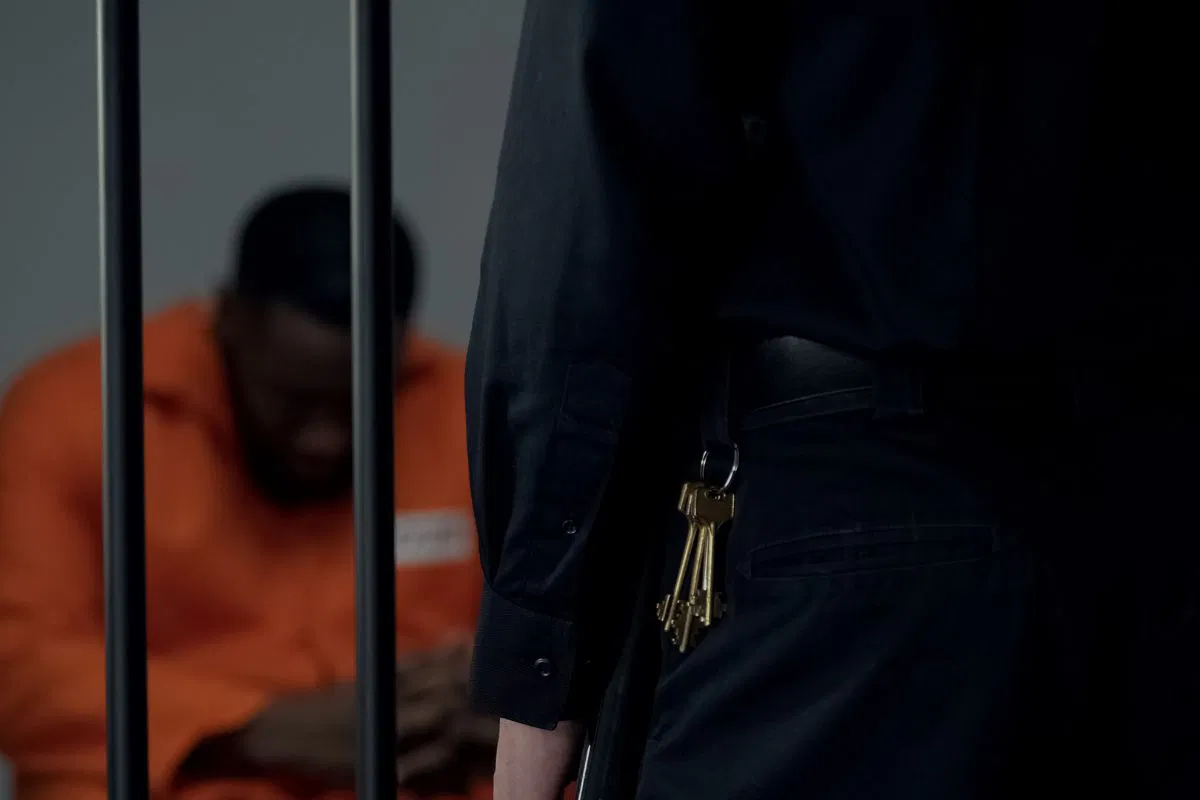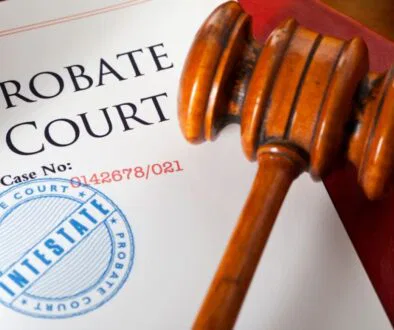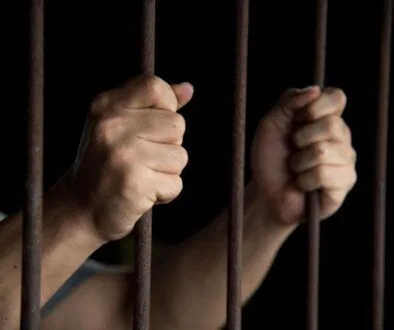What is a Petty Crime? Definitions and Examples

Published March 25, 2024
Knowing all the types of crimes is critical to being a well-rounded citizen and law follower. This knowledge will help us better understand our actions and motivate us to do what is right instead of mindlessly executing something harmful.
All we know are crimes that are damaging and harmful. There are also little ones. They might not cause you jail time, but knowing so can help you better your character. Thus, next time, you won’t hesitate in not doing them.
In this article, we’ll talk about everything there is to know about petty crimes. We’ll discuss its definitions, examples, and sentences associated with them. Let’s begin.
What Is a Petty Crime?
Petty crimes are minor crimes. They can include civil and criminal offenses. Some examples would be public intoxication, jaywalking, pickpocketing, and prostitution. They can also include traffic violations. Even distracted driving can be labeled a petty crime in some jurisdictions.
Some misdemeanors may not seem influential or concerning, but they should be taken seriously. It is critical to understand that an accumulation of driving offenses can affect a person’s driving record and impair their ability to maintain their license. Any minor charge or offense can have consequences.
Petty Offenses in Court
In court, the process for handling petty offenses is often streamlined compared to more severe changes. For one, in many jurisdictions, a person charged with a petty offense is not required to undergo a jury trial. Instead, the case is heard by a judge who determines guilt and sets the penalty, usually a fine.
Petty offenses are minor, yet they should still be taken seriously. A conviction can lead to fines and a record of the offense, influencing things like employment opportunities and insurance rates.
Examples of Petty Crimes
1. Shoplifting
It is a type of theft. It involves stealing goods from a retail establishment. Shoplifting is typically executed by concealing merchandise with the intent to take it without paying or paying less for it.
2. Petty theft
Petty theft is a legal term for minor-scale theft. It generally refers to the theft of goods of legal value. The amount is typically set at $500 or less.
3. Vandalism
Vandalism refers to intentional destruction, damage, or defacement of public or private property without the owner’s consent. It can include graffiti, breaking windows, damaging vehicles, or defacing buildings or statues.
4. Trespassing
Trespassing is a legal terminology that refers to entering or staying on a property without the owner’s or legal authority’s consent. It can apply to public and private properties if access is restricted.
5. Public intoxication
Public intoxication is the act of being drunk or under the influence of drugs in a public place.
The specifics of what constitutes this crime can differ by location. Yet, generally, one can be charged for it if they appear to be heavily under the influence of drugs or alcohol and are in a public space like a street, park, or restaurant. In many cases, the person must also be causing a disruption or posing a risk to themselves or others.
6. Disorderly conduct
Also labeled “disturbing the peace. This petty crime involves engaging in behavior likely to cause public inconvenience, annoyance, or harm.
7. Simple assault
Simple assault refers to an act where one person tries to elicit physical harm to another individual. Typically, it involves an attempt or threat of bodily harm.
8. Littering
Littering is an environmental issue that continues to be of concern globally. It is leaving or discarding waste products in appropriate places, such as public areas or natural environments, instead of disposing of them properly in trash receptacles or recycling bins.
9. Minor traffic violations
Traffic infractions or tickets are non-criminal charges. They are issued by law enforcement for violations of traffic laws. Here are some examples:
- Speeding
- Running a red light or stop sign
- Failure to signal
- Illegal parking
- Seat belt violations
- Expired registration or inspection sticker
10. Loitering
Loitering is lingering or hanging around in a public place without a distinct purpose. It might seem harmless. Yet many cities and towns have laws against it. It can sometimes be associated with undesirable behavior, such as disorderly conduct, public nuisance, or criminal activity.
Sentences Associated With Petty Offenses
1. Fines
It is the most common penalty for petty offenses. The acceptable amount can differ depending on the specific offense and jurisdiction. Yet, typically, they range a few hundred dollars.
2. Community service
In some cases, you may be ordered to perform community service in lieu or in addition to reimbursement of a fine.
3. Education programs
For certain offenses like minor drugs or violations, individuals may be demanded to attend an education or treatment program.
4. Probation
Although less common, some jurisdictions may impose probation for certain petty offenses.
Jail time is not typically a penalty for petty offenses. Yet failing to pay a fine or comply with other court order requirements can lead to more severe penalties. Thus, it’s vital to take all legal charges seriously and comply with any orders from the court.

ADVERTISEMENT
Frequently Asked Questions About Petty Crimes
What are the five worst crimes?
What is the most difficult crime?
The most difficult crimes to detect often involve victims who are marginalized or outside the mainstream society. These are homeless individuals, runaways, prostitutes, and drug addicts. These crimes are challenging to solve because of various factors in play. Factors are a lack of witnesses, scant physical evidence, and limited resources for the investigation.
What is the opposite of a petty crime?
The opposite of a petty crime would be a severe or significant crime. These are often classified as felonies in many legal systems. Some examples are murder, rape, arson, kidnapping, aggravated assault and fraud. Convictions for these types of crimes come with severe punishments. They can include lengthy prison sentences, hefty fines, and capital punishment.
What is the lowest form of crime?
The lowest form of crime is an infraction, a violation, or a petty offense. Infractions are the least serious type of crime. They do not result in jail time but only a fine. Examples of infractions include minor traffic violations.
Now you’re well aware of petty crime and its example. While it might seem that these acts do little harm, they are still morally wrong. You should never engage in these behaviors. Doing so, especially repeatedly, might add up and still imprison you.
Reduce Your Jail Call Costs By Up To 90% Per Minute With GlobalTel
GlobalTel’s inmate calling service lowers jail call per minute rates by up to 90% for jail calls from US facilities. Sign up now and use the special jail call phone number we create for you to eliminate the long distance jail call fees. Try GlobalTel for only $45.99 for 90 days. Make US/domestic and international jail calls at the local rate and stay connected to your incarcerated loved ones for less. Learn more about how to sign up for calls from inmates here.

This Content Is Fact Checked
Our esteemed team of specialists has thoroughly validated the accuracy of this information. Discover further details about the rigorous editorial guidelines for our website here.
ADVERTISEMENT

About The Author
I am Tracy Gorman, a seasoned writer with a passion for crafting content on various subjects. I possess the expertise to delve into any niche and deliver exceptional articles.




